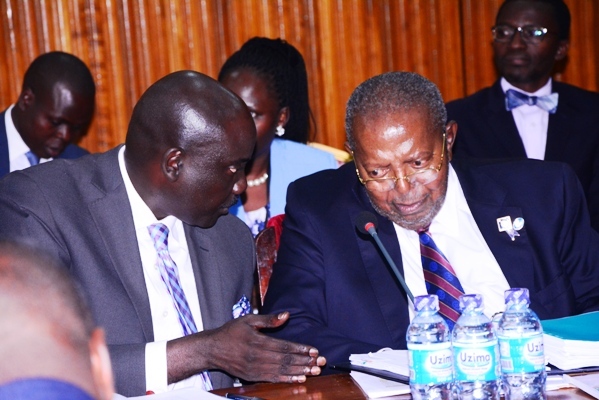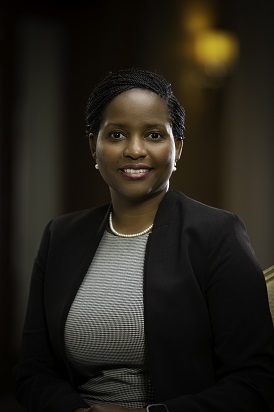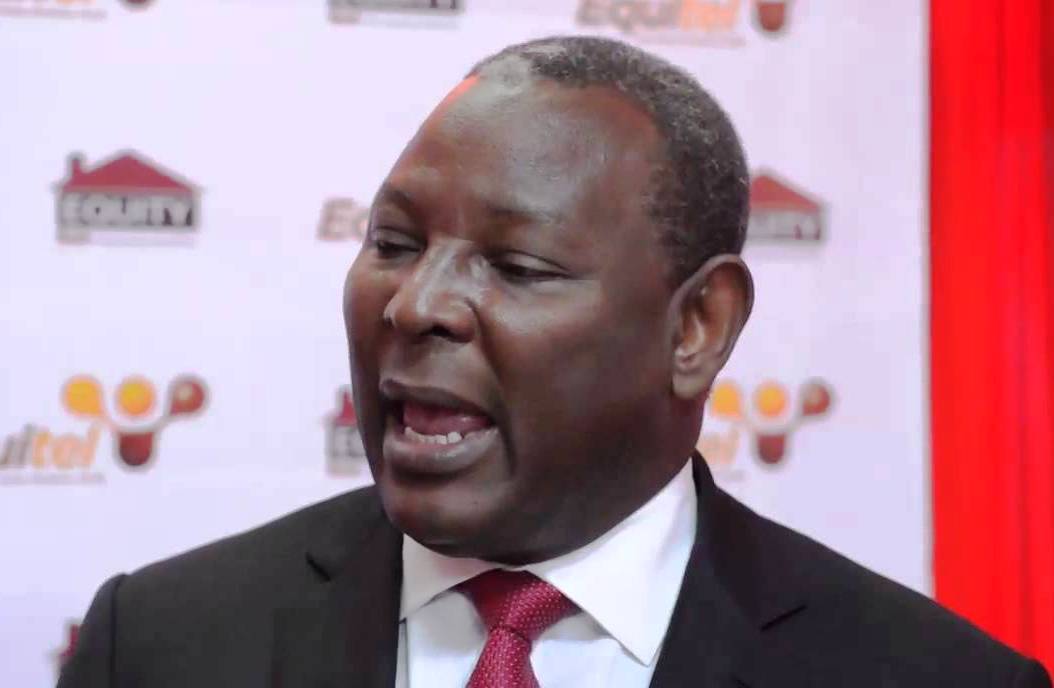The Bank of Uganda (BoU) Governor, Prof. Emmanuel Tumusiime-Mutebile has admitted that that there are challenges at the Central Bank that have been exposed during the Parliamentary Committee of Commissions, Statutory Authorities and State Enterprises (COSASE) probing.
COSASE has recently been probing BoU officials over the controversial closure and sale of seven defunct banks.
The Parliament investigations follow a special audit report by the Auditor General that exposed the rot at Bank of Uganda.
The seven banks in question include Teefe Bank, International Credit Bank Limited, Greenland Bank, Co-operative Bank, National Bank of Commerce (NBC), Global Trust Bank and Crane Bank Limited.
The Committee has completed probing BoU officials and now starting hearing from ex owners and directors of the said banks.
Giving his closing remarks today at Parliament, Mutebile thanked the Auditor General for the report that unearthed the rot at BoU.
He also thanked COSASE for the cordial interactions with BoU officials.
“I want to thank you [Abdu Katuntu, the COSASE Chairperson] in particular for the candid approach to tackling issues that needed to have been addressed [by BoU]…I would like to express my appreciation to the Auditor General for his report which raises issues that will definitely culminate to the improvement in the operations of the Bank,” Mutebile said.
He added: “The bank acknowledges the relevance of this evidence and we are confident that it will enhance transparency and accountability which are key values [for the Central] Bank. This interaction has highlighted the shortfalls within our processes, policies and practices.”
He also pointed out that it has been a learning process not only for the top management, but also junior staff who have followed the proceedings closely.
“I am confident that resulting from this process, we will review practices and policies in order to improve our capacity to perform the functions of the Central Bank better,” he said, adding that it is incumbent upon them to put in place measures to better the institution and visibly boost the confidence in the Central Bank.
“We want to see a stronger financial sector and economy built on the confidence that the public has in us. The staff changes made in February 2018 were intended to address some of the challenges that we knew, but have become all too evident in the last two weeks,” he said.
“The interaction with COSASE has so far helped us to expose some of challenges to the natural medicine of air and light so we can address these challenges better. Further changes will be done in due course in order to restore the Bank’s image,” he added.
He however pointed out that Bank of Uganda was right to intervene in every case (Bank closed).
“…The delay to act, failure to act, lack of decisiveness in actions taken could easily have led to contagion of financial crisis and eroded savers, business and the economy at large. If we hadn’t intervened, the Committee would be carrying out a different probe,” he said.
Katuntu thanked BoU for being transparent in responding to the queries.
“At the beginning, there was a bit of uneasiness as to what extent can you be transparent. You have shown the entire country that Bank of Uganda is transparent and accountable irrespective of the weaknesses that have been identified in this process,” Katuntu said.
He added: “We do hope that even before this Committee comes up with the report, you do have measures to make sure that the challenges we all know don’t happen again. We have acted in the most transparent matter; we have tried to our best to adhere to the law. We have been respectful to your officers despite the hardships because we know you are professionals but at the end of the day, we have a job to do and our job is to make this country a better one.”
He concluded by saying that the process enhances both transparency and democracy of Uganda.





